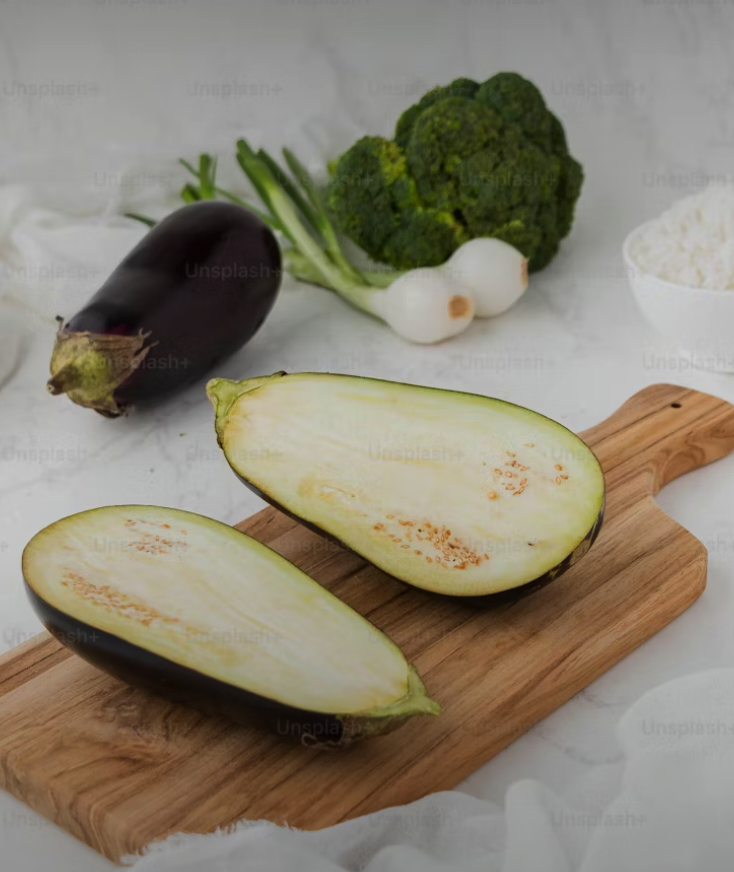Nightshade Vegetables
Nightshade vegetables, such as tomatoes, potatoes, bell peppers, and eggplants, contain solanine, a compound some people believe may exacerbate arthritis pain and inflammation. While scientific evidence is mixed, experimenting with reducing these vegetables can help determine if they affect your symptoms.
Processed and Red Meats
Processed meats (like sausages and deli meats) and red meats are high in saturated fats and advanced glycation end products (AGEs), which can promote inflammation. Observing how your body responds to these foods can be enlightening.
Sugary Foods and Drinks
High sugar intake is linked to increased inflammation in the body. Cutting back on sugary foods and beverages, including soft drinks, candies, and baked goods, might help reduce arthritis flare-ups.
Dairy Products
For some individuals, dairy products can contribute to arthritis symptoms due to the type of protein they contain, which may irritate the tissue around the joints. Experimenting with dairy-free alternatives can help identify if dairy is a trigger for you.
Refined Carbohydrates
Foods high in refined carbohydrates, such as white bread, white rice, and pastries, can also contribute to inflammation. Opting for whole-grain alternatives may offer relief and additional health benefits.
Gluten-Containing Foods
Although not everyone is sensitive to gluten, individuals with celiac disease or gluten sensitivity may experience increased inflammation when consuming gluten. Trying a gluten-free diet for a period could provide insights into its effects on your arthritis symptoms.

